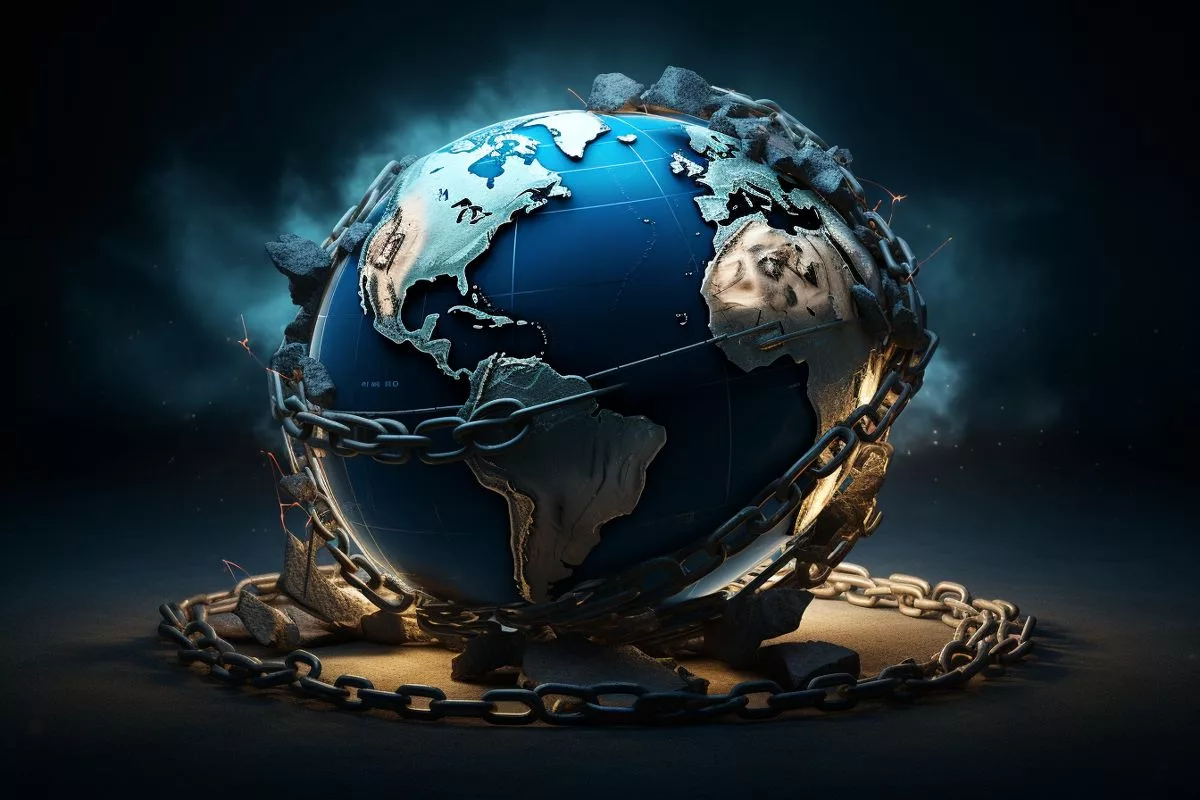A Pioneering Event Addressing Social and Economic Intersectionality
In a seminal moment marking the convergence of social and economic spheres, the Department of Women, Youth, and Persons with Disabilities (DWYPD) and the African Union Development Agency (AUDA-NEPAD) held a dialogical gathering on Positive Masculinity to End Violence Against Women and Girls (EVAWG). Taking place on November 17, 2023, in South Africa’s bustling city of Midrand, Pretoria, this meeting was a significant leap towards a more just society.
This event was the precursor to the 2023 African Union Men’s Conference on Positive Masculinity in Leadership, scheduled later that month. The South African government and the Republic of Comoros co-organized this distinguished conference, which dwelled on the theme of mobilizing the private sector and organized labor to establish a safer, more inclusive space for women and girls.
Business and labor sectors across Africa wield vital influence over socio-economic landscapes. However, women’s susceptibility to violence is heightened by poverty, disparity, and joblessness. The consultation acknowledged this crucial correlation, insisting that women’s financial empowerment is essential to shared advancement and the elimination of violence against women.
The Role of Business and Labor Communities
The conference underscored that women’s empowerment encompasses not just economic autonomy but also equal representation and opportunities in business and workplaces. This inclusion is not merely a quest for equality; instead, it serves as a potent strategy for the continent’s economic augmentation.
Commercial and labor fraternities played a significant part in these discussions, contributing diverse perspectives from the private sector and organized labor. The consultation fostered vibrant discussions, culminating in actionable insights and strategies to leverage these sectors towards a safer, more inclusive environment for women and girls.
At the heart of this consultation was the acknowledgment of the business and labor community’s role in shaping the socio-economic landscape. The discussions emphasized that women’s economic empowerment is indeed central to comprehensive development and the elimination of violence against women.
Towards an Equitable Society
The consultation reiterated that empowering women involves not just alleviating poverty, inequality, and unemployment but also ensuring their representation in the business sphere and workplaces. The event reinforced the notion that gender inclusivity isn’t merely about social justice but is critical to the continent’s economic progress.
In a bid to propagate inclusivity and engage a broader audience, the consultation was also facilitated via an online platform. The organizers ensured that the pivotal discussions and insights were accessible beyond the geographical confines of the event venue.
This consultation represented a significant milestone towards a more just, inclusive society that acknowledges and promotes women’s economic participation. The event stood as a testament to the transformative potential of positive masculinity, not as an extremist ideology but as a pragmatic solution to the manifold challenges confronting women and girls.
The consultation emerged as a beacon of optimism, illuminating the path towards gender equality. It underscored the potency of dialogue, cooperation, and positive action in fostering a safer, more inclusive society. As we anticipate the African Union Men’s Conference on Positive Masculinity in Leadership, it is evident that this consultation has laid a robust groundwork for transformative discussions and initiatives to follow.
Through such endeavors, we witness the dawn of a new epoch where every voice counts, women are not mere recipients but active contributors to economic growth, and positive masculinity is promoted as a tool to eliminate violence against women and girls. This consultation and the ensuing conference anticipate a future where women’s empowerment isn’t a distant goal, but a palpable reality ingrained in Africa’s socio-economic structure.








